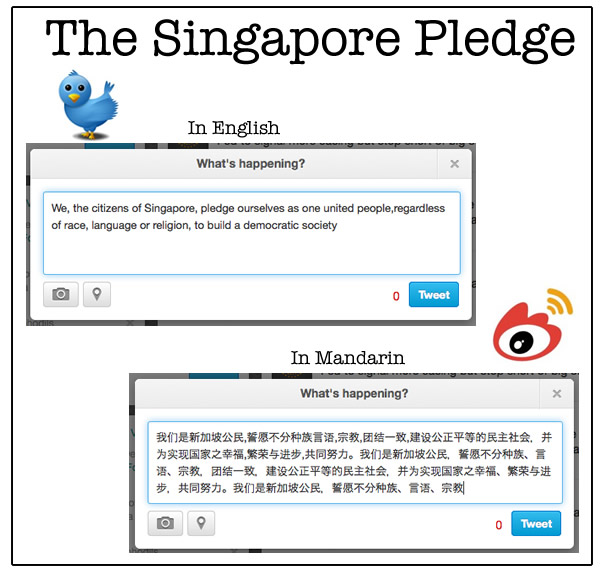Microblogging is all the rage in China.
Due to the Great Firewall and the regulations about control, Twitter, Facebook,youtube and Google have been severely curtailed. However, nature abhors a vacuum, in China, that usually means someone will come in and copy. Which leads to interesting dynamics, as we shall see.
The twitter equivalent in China is, of course ,Weibo.
There are an estimated 300 million microbloggers on Weibo commenting on every aspect of life in China, taking part in political discussion and actually making a difference, as can be seen in the Train crash in Zhejiang, CHina in July 2011. Of course, These 300 million microbloggers blog in mandarin.
Now, Twitter is essentially a short message service, perhaps taking their length from the traditional length of an SMS, 140 characters. In English, that means a short, one sentence update with a link. Now, in , Social Media and the Language of Culture, we discussed how the Chinese language is pictographic rather than phonetic and meaning is derived from the characters themselves rather than the sounds. When the Chinese built their own version of twitter, they also set the limit at an arbitrary number of , 140 characters.
I decided to do an experiment.
In Honour of our National Day next week, I have decided to use our Pledge as example text.
In English, 140 characters affords us sightly more than half of a single pledge, in Mandarin though, there is room for 2.4 full pledges.
!40 characters in English is a short sentence, In Mandarin, it is a paragraph.
In English, it is a comment, in Mandarin, It is commentary.
Perhaps this is why microblogging is such a powerful tool in China, meaning, inherent in that characters themselves communicate are able to articulate more depth and scope.
This has tremendous ramifications in Social Media and the ability of the tribe to communicate.
In our western tribes, we only have Guttural utterances when compared with the verbosity allowed by The Chinese language itself.




